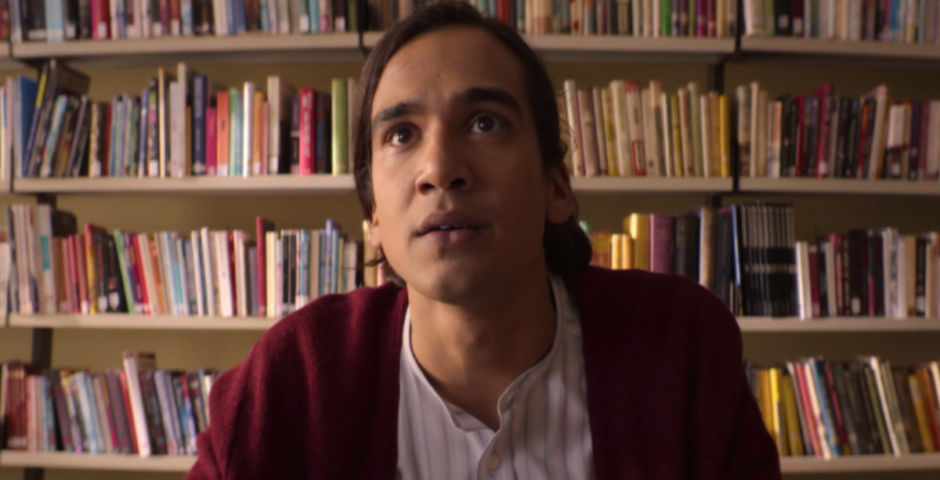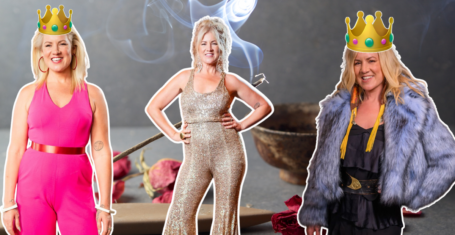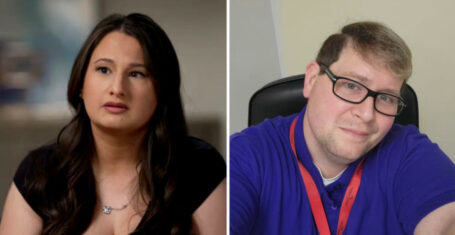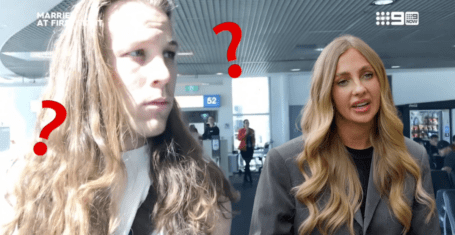
What was Section 28? The law that stopped schools ‘promoting homosexuality’
It was illegal for schools to ‘teach the acceptability of homosexuality’
In 1988, the then-Tory government passed Section 28, a law which stopped schools from being able to “each the acceptability of homosexuality”. It lasted for 15 years before finally being repealed on 18th November 2003 – but its effects were felt by thousands of students during this time.
In beloved Channel 4 programme It’s A Sin, Ash describes Section 28 (also known as Clause 28) and the impact it had. He starts a new job at a school, and is taken into the library to “remove inappropriate material” due to Section 28. “We have to remove any books or material that might be promoting a homosexual lifestyle”, the headteacher tells him. But what is Section 28 we see in It’s A Sin, and what’s the true story behind it?
Unfortunately, it was a thing that really did happen – and there are still repercussions of Section 28 that many LGBTQ+ people are living with today. The law was repealed 18 years ago, but new research, commissioned by LGBT+ young people’s charity Just Like Us, found one in five teachers in the UK say they’re uncomfortable discussing LGBT+ topics with their pupils – and less than a third are “completely comfortable” with it.
It’s A Sin has been praised for teaching us more about queer history and sex education than school ever did – and maybe school would have equipped us better if the Section 28 law had never existed.
What was Section 28?
Section 28 was implemented in 1988 by then-Prime Minister Margaret Thatcher. It was a clause amended in the Local Government Act 1988, which stopped schools and local authorities from “promoting the teaching of the acceptability of homosexuality as a pretended family relationship”.
Teachers couldn’t teach about gay relationships, and councils couldn’t fund books, leaflets, films and other materials that showed same-sex relationships. Some schools and councils shut down LGBTQ+ youth support groups.

At the time, Thatcher said children were “being taught that they have an inalienable right to be gay”, and instead needed to be “taught to respect traditional moral values.” The law was called “unnecessary and offensive”, and it “fuelled prejudice and stigmatised homosexuality”. In short, it was massively homophobic and its effects still last today.
The law effectively made it illegal for schools to talk to young people about being gay. This made sexuality seem something that was meant to be hidden and taboo, something to be ashamed of.
Section 28 “cast a cloud of confusion and ambiguity” over what teachers and schools (and local councils) could do for gay people. In It’s A Sin, Ash tells his friends about “Clause 28”, saying he could be “sacked for saying one gay thing out loud in school”, and this was a real worry for many teachers at the time.
When did Section 28 end?
Section 28 finally ended in the UK in 2003, although it was stopped in Scotland in 2000.
By 2000, Tony Blair was Prime Minister, leading a Labour government after more than 20 years of the Tories being in power. Even under a Labour government, the Conservatives initially continued to support Section 28 in 2000. Labour tried to repeal it but were blocked by a House of Lords campaign.
What did Section 28 mean for gay people?
Last year on Drag Race UK, queen Divina De Campo spoke about Section 28 and teachers being too scared to talk about LGBTQ+ issues, saying: “Nothing was said about gay people at all.” Divina said she endured homophobic bullying at school and was very isolated, but her school couldn’t offer enough support.

Other gay people who were at school during the time of Section 28 have spoken about how they received no education on LGBTQ+ issues or sex education, and teachers felt unable to intervene in homophobic bullying. This obviously can leave massive effects on queer people, many of which still last today.
Related stories recommended by this writer:
• The real Jill from It’s a Sin has spoken about the ‘fear and shame’ of the AIDS crisis
• It’s A Sin taught me more about LGBTQ+ history and sex education than school ever did
• We need to talk about the gay shaming from tabloids during the AIDS crisis





















